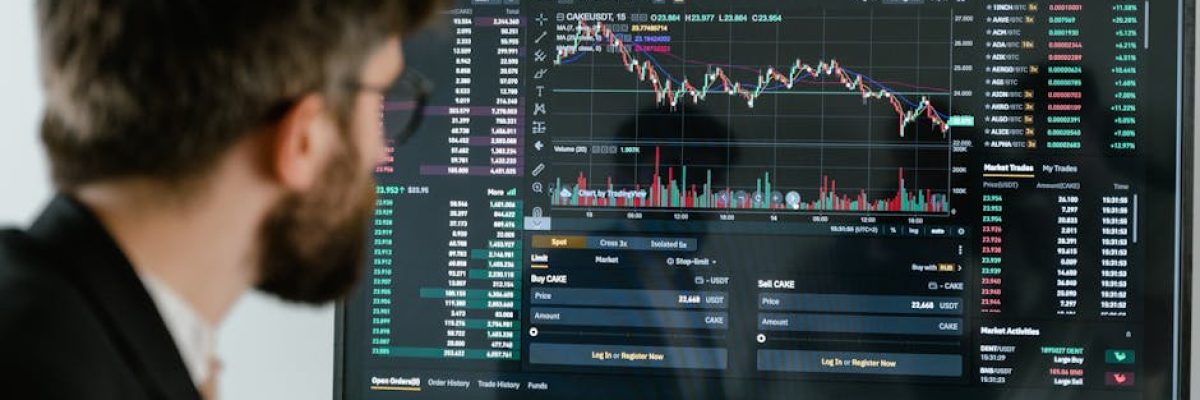The realm of accounting software is continuously evolving, shaped by technological advancements and changing business needs. For companies seeking to future-proof their financial management, understanding these trends is vital. Let’s delve into the key developments that are shaping the future of accounting software.
### 1. Cloud Computing Dominance
Cloud-based accounting solutions are leading the charge, offering unparalleled flexibility and accessibility. With cloud accounting, users can access their financial data anytime and anywhere, making it an ideal solution for businesses with remote teams. Furthermore, cloud providers often handle updates and maintenance, allowing businesses to focus on core operations rather than IT management.
### 2. Enhanced Automation
Automation is revolutionizing accounting processes, reducing the burden of repetitive tasks. From automated invoice generation to streamlined tax calculations, accounting software is increasingly equipped with features that enhance productivity. This trend not only saves time but also reduces human error, ensuring greater accuracy in financial reporting.
### 3. Real-time Financial Insights
The demand for real-time financial data is rising. Businesses now require immediate access to their financial position to make informed decisions. Accounting software is evolving to provide real-time insights, allowing users to track performance metrics, cash flow, and expenditures as they happen. This shift enables businesses to pivot quickly in response to market changes.
### 4. Focus on User Experience
User experience (UX) is becoming a critical factor in software development. Modern accounting solutions are designed with user-friendliness in mind, ensuring that even non-accountants can navigate the software effectively. A focus on intuitive design reduces training time and enhances overall efficiency, making it easier for teams to adopt new systems.
### 5. Integration with Other Tools
Integration is essential for maximizing the functionality of accounting software. Businesses are increasingly seeking solutions that seamlessly integrate with other platforms, such as e-commerce, CRM, and project management tools. This interconnectedness streamlines workflows and eliminates data silos, fostering a more cohesive operational environment.
### 6. Cybersecurity Considerations
As financial data becomes more digital, cybersecurity is more critical than ever. Businesses must prioritize security measures to protect sensitive financial information. Leading accounting software providers are implementing robust security protocols, including data encryption and multi-factor authentication, to safeguard user data against cyber threats.
### 7. Customization and Scalability
Every business is unique, and accounting software is beginning to reflect this. Companies are looking for customizable solutions that can grow alongside their operations. Software providers are responding by offering modular systems that allow businesses to choose features that meet their specific needs, ensuring they only pay for what they use.
### 8. Sustainability Focus
Sustainability is becoming an essential consideration in business operations. Accounting software is starting to include features that help track and report on sustainability initiatives, enabling businesses to measure their environmental impact and promote their commitment to corporate social responsibility.
### Conclusion
The future of accounting software is bright, characterized by trends that emphasize efficiency, accessibility, and user-centric design. By staying informed about these developments, businesses can leverage the power of modern accounting solutions to enhance their financial management practices. Embracing these trends will not only streamline operations but also position companies to thrive in an ever-changing economic landscape.

